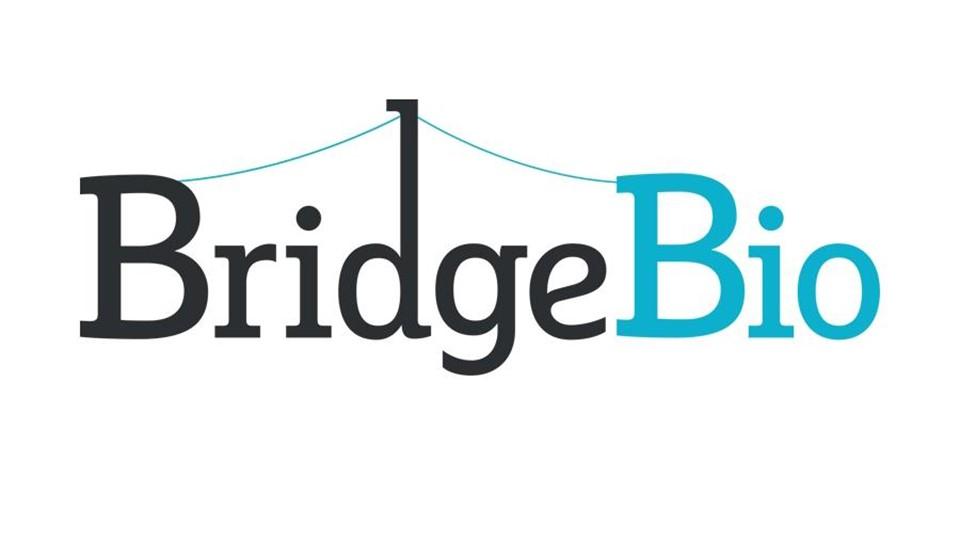BridgeBio rebounds on ATTR cardiomyopathy data

BridgeBio is getting ready to file for FDA approval of its acoramidis drug for transthyretin amyloidosis (ATTR) cardiomyopathy, armed with positive results in a phase 3 trial that was reported today.
Shares in the biotech were up around 75% after it announced that acoramidis performed much better than placebo in the ATTRibute-CM trial, with a statistically significant improvement in the primary endpoint – a composite of all-cause mortality, cardiovascular-related hospitalisation, change from baseline in a biomarker called NT-proBNP, and change from baseline in a 6-minute walk test.
Acoramidis performed 1.8 times better than placebo on that endpoint, known as the ‘Win Ratio’, while patients taking the drug were 25% less likely to die during the treatment phase than those in the control group.
That was accompanied by a relative risk reduction of 50% in the frequency of cardiovascular-related hospitalisations, all of which pointed to “consistent and clinically meaningful benefits” with the orally-active transthyretin (TTR) stabiliser drug.
That’s a major turnaround from an earlier readout from the trial towards the end of 2021, in which acoramidis performed worse than placebo on the 6-minute walk test at 12 months, obliterating the value of its shares.
The only miss in the dataset was a failure to improve all-cause mortality on its own, although the trial wasn’t statistically powered to deliver a verdict on each individual piece of the Win Ratio.
ATTR is characterised by the formation of amyloid fibril deposits in tissues and organs – in the heart in the case of patients with cardiomyopathy.
BridgeBio plans to file for approval of acoramidis with the FDA before the end of the year, and in Europe in 2024, and the company has predicted blockbuster sales for the drug if it makes it through to market.
If approved, the drug will compete with Pfizer’s Vyndaqel/Vyndamax (tafamidis), which acts in a similar way and was approved to treat ATTR cardiomyopathy in 2019, bringing in early $2.5 billion in worldwide sales last year.
At the moment, Vyndaqel is the only FDA-approved therapy for ATTR cardiomyopathy, although there are a few drugs to treat another manifestation of the disease known as ATTR polyneuropathy, including Alnylam’s Amvuttra (vutrisiran) and Onpattro (patisiran), and Ionis’ Tegsedi (inotersen).
Alnylam is also developing Onpattro for ATTR cardiomyopathy – making it another potential rival to BridgeBio – and has already filed for approval with the FDA for that indication, with a decision from the regulator due in October. Meanwhile, BridgeBio is also running a late-stage trial programme for acoramidis in ATTR-polyneuropathy.













